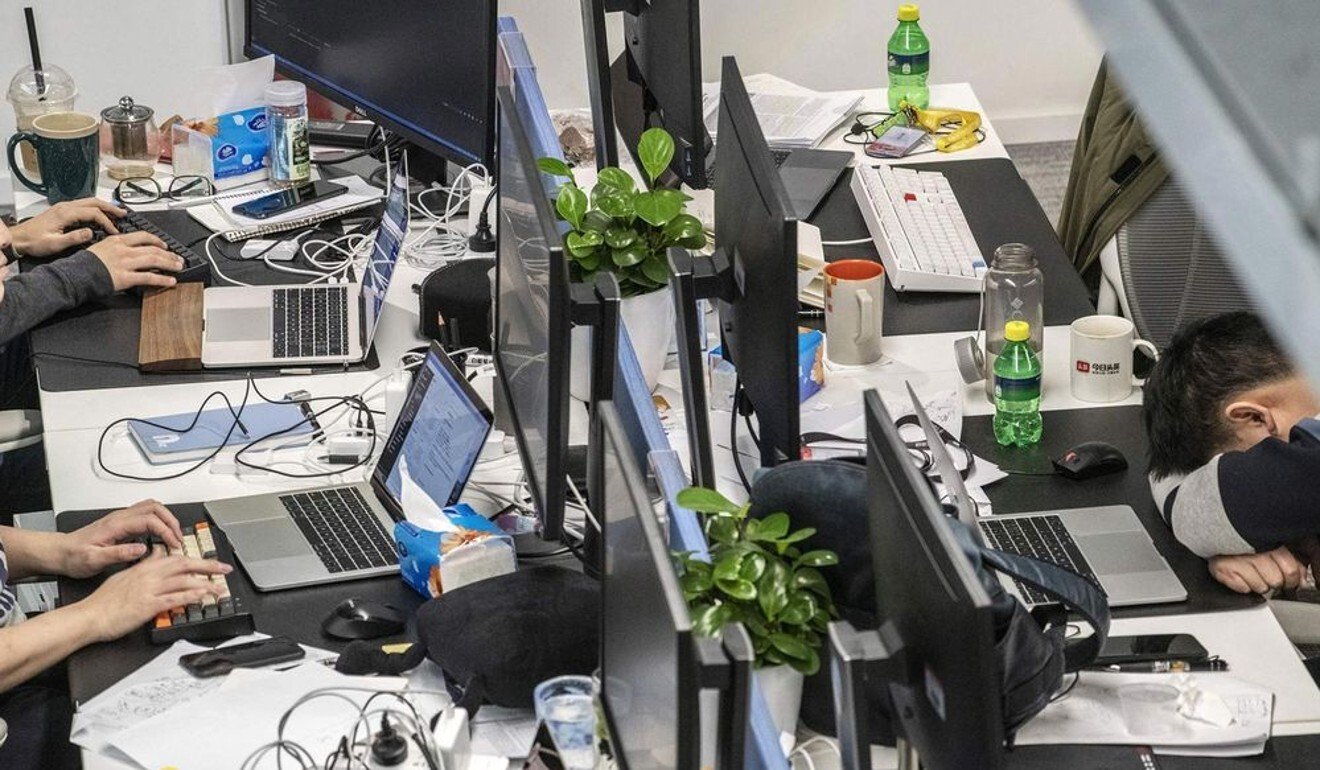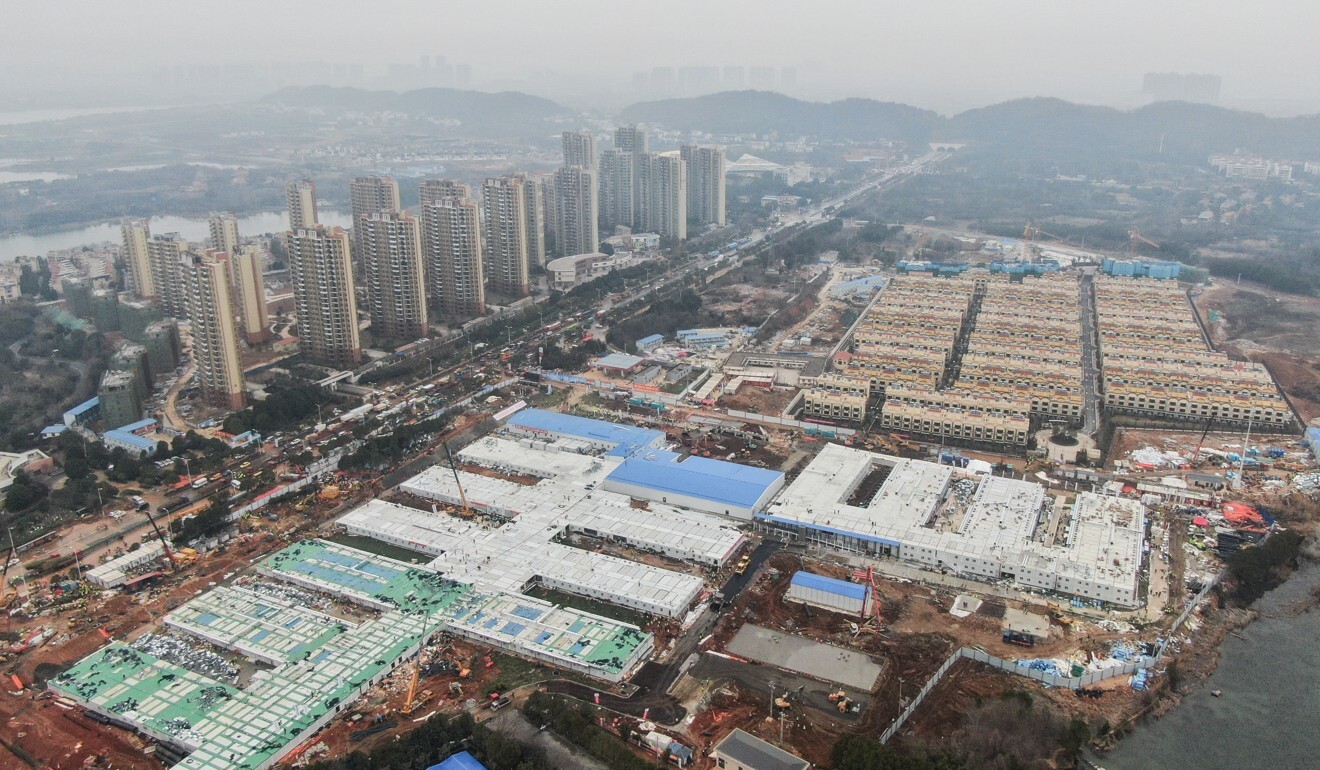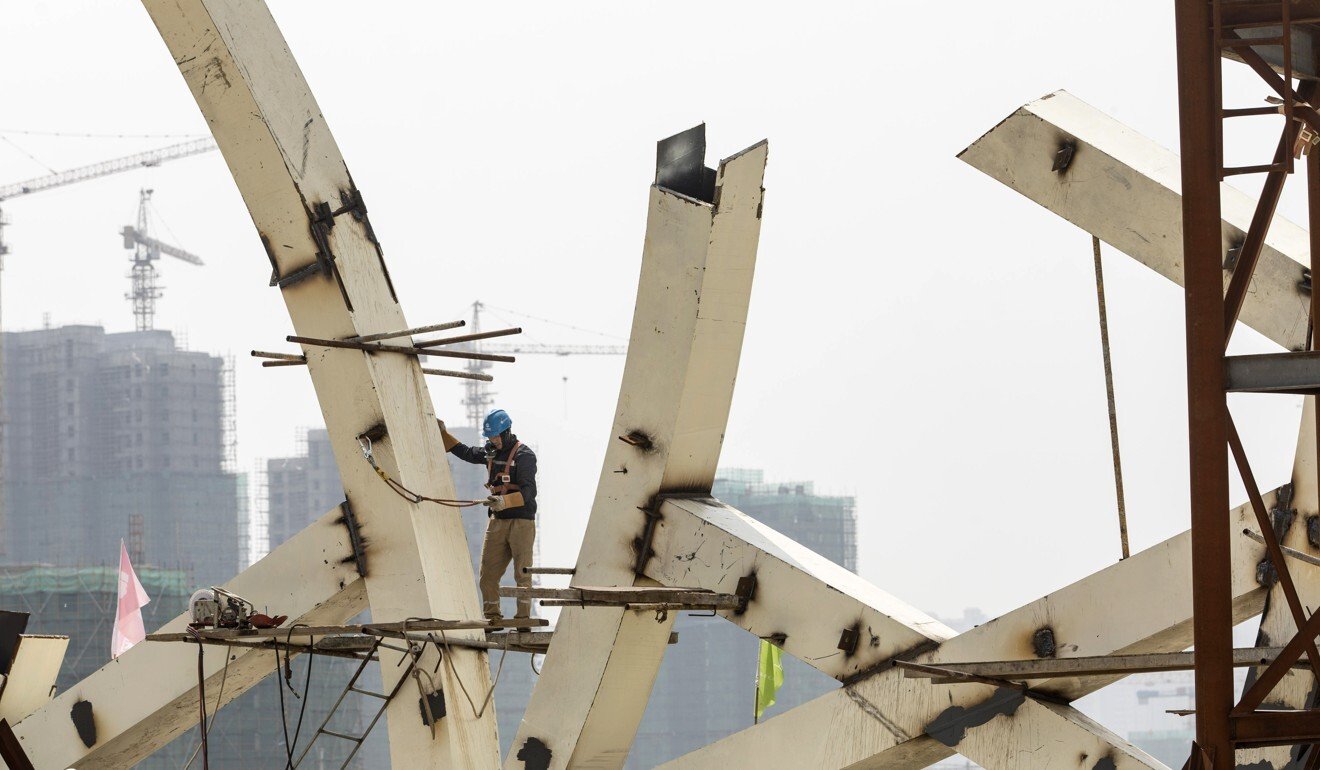
‘Flexible’ work and 715: Baidu’s top 2020 buzzwords reveal gruelling reality for workers in China amid coronavirus pandemic
- The annual Baidu Buzz List shows people searched for new terms like ‘flexible work’, ‘cloud supervisors’ and ‘715’
- Many of the terms became popular as a result of changes to work and everyday life amid the Covid-19 pandemic

This has been a year of many unexpected events, with a pandemic that has turned lives upside down while also helping to enrich vocabularies – and not just with terms related to epidemiology. The effect in China can be seen in the annual list of hot new internet buzzwords from the country’s search giant Baidu, giving a glimpse into people’s everyday struggles in 2020.
Similar to year-end lists from Google Trends, the Baidu Buzz List compiles popular search terms from different categories. This year’s list shows concern about Covid-19, which was at the top of the list. However, there were also many new entrants related to changes in our working habits this year.
Overbearing bosses, for example, became known as “workplace pickup artists”. Other viral terms included “involution”, referring to more work combined with economic stagnation, and “Versailles literature”, a cringeworthy type of humblebrag for the rich and famous who publicise their lives on social media.
The Buzz List contained 10 terms overall, but these are our favourites.
Flexible work

Flexible work arrangements are not unique to China in 2020, when the pandemic has forced people around the world to work from home. Tech companies like Google and Microsoft have especially leaned into this new normal.
In China, though, people started using “flexible work” to mean being on call around the clock, with many workers expected to make themselves available after hours and on weekends. Even before 2020, technology was already ruining work-life balance for many in China.
On top of these new flexible schedules, some workers had to deal with constant criticism from their bosses, who became known as “workplace pickup artists”.
The term pickup artists refers to men who try to seduce multiple partners, often by using criticism to hurt a person’s confidence and self-esteem. Some workers in China think their bosses are doing the same thing by criticising them to try to induce them to work harder.
Cloud supervisors

Some of the terms people around the world learned as a result of the pandemic are boring medical terms like nucleic acid testing, which is used to detect the Covid-19 virus. This term became popular in China when some cities conducted mass testing, leading to a joke about Beijingers using the question “have you had your nucleic acid testing?” as a new greeting.
Given all the new Covid-19 patients in China, the country needed new temporary medical facilities to help out, giving rise to the country’s “cloud supervisors”. This term was used to jokingly refer to the millions of people tuning in to a live stream of the construction of two makeshift hospitals in Wuhan, Huoshenshan and Leishenshan. At one point, the streams had as many as 18 million concurrent views, according to state broadcaster CCTV.
While all these viewers tuning in could not help in any real supervisory capacity, they participated in their own way by cheering on the construction workers.
715

Last year, one of the terms on the Baidu Buzz List was 996, used to describe the gruelling work schedule of 9am to 9pm, six days a week. The schedule was touted by some tech firms, and it was defended by some high-profile people in the industry.
It seems things got even worse for some workers this year, as indicated by the introduction of the term 715. The number was used to describe working seven days a week for 15 hours each day.
The term originated with Jia Guolong, chairman of Xibei Catering Group, which runs hundreds of restaurants across China. When the pandemic devastated the restaurant industry, Jia told the government in February that his business would run out of cash in just three months.
The company would eventually get some much-needed relief from local banks, but Guo still bragged about Xibei Catering’s new work schedule that included long hours and meetings at night.
New infrastructure

No annual round-up of hot new words in China – whether from Baidu or literature and art magazine Yaowen Jiazi – is complete without at least one phrase that was buzzing in Communist Party circles. On Baidu’s list, that term was “new infrastructure”.
The term covers a slew of infrastructure projects in China, often involving technologies that were once buzzwords themselves. The Internet of Things (IoT), 5G, artificial intelligence and data centres are all part of new infrastructure projects in China. Some more traditional infrastructure projects such as high-speed railway lines are also included.
Chinese President Xi Jinping used the term in March to refer to areas in which the country needed to boost spending to offset the economic impact of the Covid-19, thus creating new jobs while giving the nation’s industries a technological upgrade.
But whether this term truly becomes part of China’s netizen vernacular might depend on how successful these new infrastructure projects are in real life.